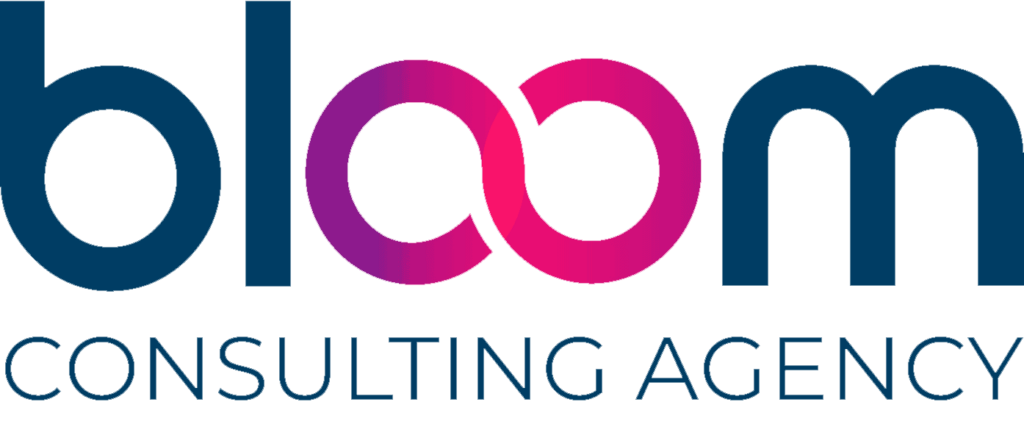Payer contract negotiations are tedious and time-consuming. However, many healthcare consulting companies have experienced negotiators. You must have a professional review if you feel confident in putting together a formal contract yourself. Contract negotiations should occur every few years to ensure the medical practice receives the best reimbursement rates.
Healthcare providers are held hostage by insurance companies. The provider renders the service to the patient and waits almost thirty days for reimbursement. Medicare and Medicaid have set fee schedules and specific guidelines, but the healthcare provider can choose to accept or not accept those patients. As a result, payer contract negotiations primarily involve commercial health insurance companies.
How Healthcare Providers Receive Reimbursements
Gone are the days when providers chose not to accept insurance and billed the patient directly to avoid the costly process of submitting claims and working the denials. Instead, today practice management works with insurance companies to agree on a contract for reimbursements. If there is no disagreement, the medical practice gets paid a set fee for each charge submitted. But, the medical provider can enter into payer contract negotiations.
Medical providers carry a costly burden in processing their medical claims for reimbursement. For example, electronic healthcare record software, which is responsible for documenting the details required by the insurance company and for billing purposes, is costly. In addition, staffing for billing adds to the practices’ expenditures. This is why entering into payer contract negotiations is essential to ensure the best reimbursement to cover expenses.
The medical practice must follow many required guidelines to present charges for services rendered to the insurance company. In addition, payer contract negotiations must become more achievable to cover the expenses of the medical practice. These procedures briefly overview how detail-oriented, time-consuming, and costly medical billing can be.
- Documentation of services rendered using the electronic health record
- The assignment of CPT medical codes and ICD10 diagnosis codes by physicians
- Submission of medical claims through an electronic clearinghouse
- Interpretation of the claim and payer response
- Reimbursement is paid or denied by the health insurance company
- Insurance companies perform continual audits to recoup payments for any error they believe took place
- Medical practice billing staff must appeal and prove service was appropriate, and often paper copies of medical records must be provided as proof
Healthcare information technology advances regularly, updating and changing requirements. Computers can’t read the documentation and pull denials in error. The processes streamline healthcare reimbursement processes, but payer contract negotiations are an up-and-coming demand.
Get Better Reimbursements in Payer Contract Negotiations
Physicians are beginning to question the current methodology for commercial reimbursements for professional services. As a result, the mystery of payer contract negotiations is becoming more transparent for professionals. Finding the determining factors proving physicians’ costs and codes charged compared to Medicare’s guidelines can help negotiate better reimbursement.
Bloom Consulting has professional consultants who can help with payer contract negotiations. Sometimes projects are out of the realm of the existing administrators or billers. Hiring someone to do the detailed work included with negotiations of insurance contracts can ensure timeliness, expertise, and less stress on the current staff. In addition, assigning a staff member to procure data needed for this project is an excellent way for the practice to stay in the loop with progress.
Negotiating small increases on frequently charged fee codes can bring in a significant increase in revenue. The following steps will help to prepare for payer contract negotiations. The data needed for this process should be available through your computer-based billing program. Referring to the Medicare fee schedule can help to determine the proper charges for the practice’s fee schedule.
Determining the Most Common CPT Codes
The data needed for payer contract negotiations begin with running a report to reveal the practice’s most frequently used CPT codes. Then, depending on the specialty, each type of practice derives revenue from office visits, procedures, and hospital visits. Next, list the codes for 75% of the practice’s total charges. Finally, list the frequency of each CPT code from the last 12 months.
Determine the Top Payers
Reports run through the billing software can determine the top payers to initiate payer contract negotiations with. However, Medicare and Medicaid already have fee schedules that cannot negotiate. Therefore, focusing on the top three or four payers is best. Log this information in your data bank.
Determine the Practice Fee Schedule for Each CPT Code
What are you currently charging for your frequently used CPT codes? Do your primary insurance payers commonly reimburse your charges at 100%? If this happens, your fees will be too low. So instead, standardize your fee schedule to 125% – 150% of the Medicare rates (“Medicare Physician Fee Schedule Look-Up” tool at http://www.cms.hhs.gov/physicians/mpfsapp/step0.asp) is how the average practice sets its fee schedule. This is another crucial step in gathering data for payer contract negotiations.
Determine Reimbursements for Each CPT Code
Review the Explanation of Benefits from each payer you have chosen to enter into payer contract negotiations with. First, record their allowable amount for your code sets. Next, determine the percentage of the allowable rate of the Medicare reimbursement rate. (See the link above to find Medicare’s reimbursement rate.) Finally, record the RVUs (relative value units) that Medicare assigns to your codes.
Medicare determines RVUs for each code. Three factors are set by the physician’s effort, the practice’s expenses, and the malpractice risk. Multiplying the total RVUs by the correct conversion factor for the year determines the payment rate. This is the final data point needed for payer contract negotiations.
Payer Contract Negotiations Reflect a New Bottom Line
The codes with the highest frequency and dollar value will generate the most revenue. Target the lower-paying codes per insurance company. Look for patterns. Does an insurance company pay preventative services at 99%of Medicare’s rates but 150% of lab services? Establish target reimbursement rates. After determining target reimbursement, it’s interesting to multiply these payments by the code’s frequency to judge increased revenues. Move forward and be diligent with payer contract negotiations to fulfill this goal.
Find Help with Payer Contract Negotiations in South Florida
Bloom Consulting can clear the road for increased revenues by assisting with payer contract negotiations. But unfortunately, practice managers are very busy running day-to-day operations, and most billing entities must prepare to handle payer contracts by hiring more staff. By reaching out to Bloom, our experienced healthcare staff can fill in the blanks, take over the entire process, or take over the negotiation aspect with the insurance companies. So stop settling for what the insurance companies want to give you. Instead, contact us to begin this vital process.










